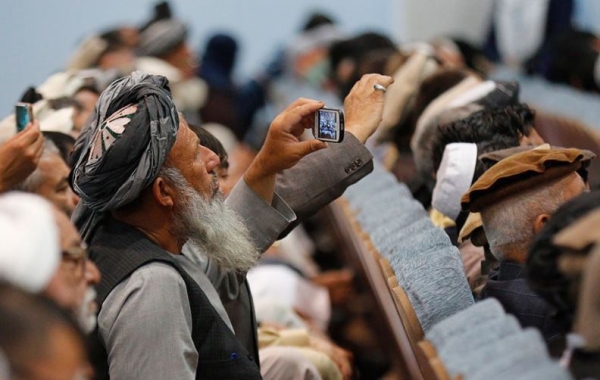
Tajikistan ranks 123rd out of 193 countries in the global e-government development index (EGDI), compiled by the United Nations Department of Economic and Social Affairs. The country's current index stands at 0.5606, which is below the global average of 0.6382.
“Tajikistan faces challenges in improving electronic government services due to limited digital infrastructure and low digital literacy among the population, especially in rural areas," the report states.
EGDI is a comprehensive index that assesses the level of digital development in countries. It includes the Online Service Index (OSI), which measures the availability and quality of electronic government services, the Telecommunications Infrastructure Index (TII), reflecting the development of technical infrastructure, and the Human Capital Index (HCI), indicating the population's readiness to use digital technologies.
Compared to Tajikistan, its neighbors are far ahead in digital development. Kazakhstan ranks 24th globally, actively developing its "e-Gov" platform and providing a wide range of online services. Uzbekistan, which has risen to 63rd place, is implementing the "Digital Uzbekistan 2030" strategy aimed at integrating digital technologies into all areas of government. Kyrgyzstan, ranked 78th, is making strides in digital solutions in education and healthcare, while improving citizens' access to government online services.
Russia ranks 29th globally, actively adopting advanced technologies such as artificial intelligence and cloud solutions to enhance government services and their accessibility. Belarus, in 41st place, is also focusing on the development of telecommunications infrastructure and improving the quality of electronic services for citizens.
Poor and expensive internet
Residents of Tajikistan frequently complain about poor and expensive internet, as confirmed by global rankings. According to the Speediest Global Index for February 2024, Tajikistan ranked 139th out of 143 countries in mobile internet speed, just five spots from the bottom. In the updated ranking from May of this year, Tajikistan was completely absent from the list, although the reason for this omission remains unclear.
In terms of fixed broadband internet speed, Tajikistan ranked 124th out of 161 countries.
In the Mobile Data Affordability Index, which evaluates the affordability of mobile internet based on the average salary in the country, Tajikistan ranked 163rd out of 179 countries. To determine mobile data affordability, the authors compared the average cost of a monthly mobile phone plan ($13.77) with more than 10 GB of data to the average salary ($170). As a result, residents spend 8% of their salary to purchase a plan with 10 GB of internet.
Among CIS countries, Russia ranks 26th in mobile internet affordability, Uzbekistan 43rd, Armenia 55th, Belarus 61st, Kazakhstan 63rd, Kyrgyzstan 90th, and Azerbaijan 114th.
Neighboring Afghanistan has surpassed Tajikistan in internet affordability, ranking 161st.

Photo / EPA / Jawad Jalali.
Are reports of slow Internet false?
At a press conference held by the communications service agency on July 24, 2024, numerous questions from journalists regarding the reasons for slow and expensive internet in Tajikistan went unanswered.
Rafiqjon Shokirov, Acting Head of the Communications and Information Management Department of the Communications Service under the Government of Tajikistan, stated that reports of slow internet speed and its high cost in Tajikistan are “lies and fabrications.”
He questioned the credibility of foreign ranking companies' reports on internet speed, cost, and accessibility, suggesting that these reports do not consider all factors and are published to cast certain countries in a negative light. “In such studies, the total population of a country is typically considered. However, children under 5 years old, who make up almost 2 million people in the country and do not use communication devices, are not excluded from the calculations,” Shokirov said.
He added that this indicator is not considered in other countries, “only in Tajikistan, children are also counted."
According to the communications service agency, currently, 96.3% of the population is provided with communication services.




